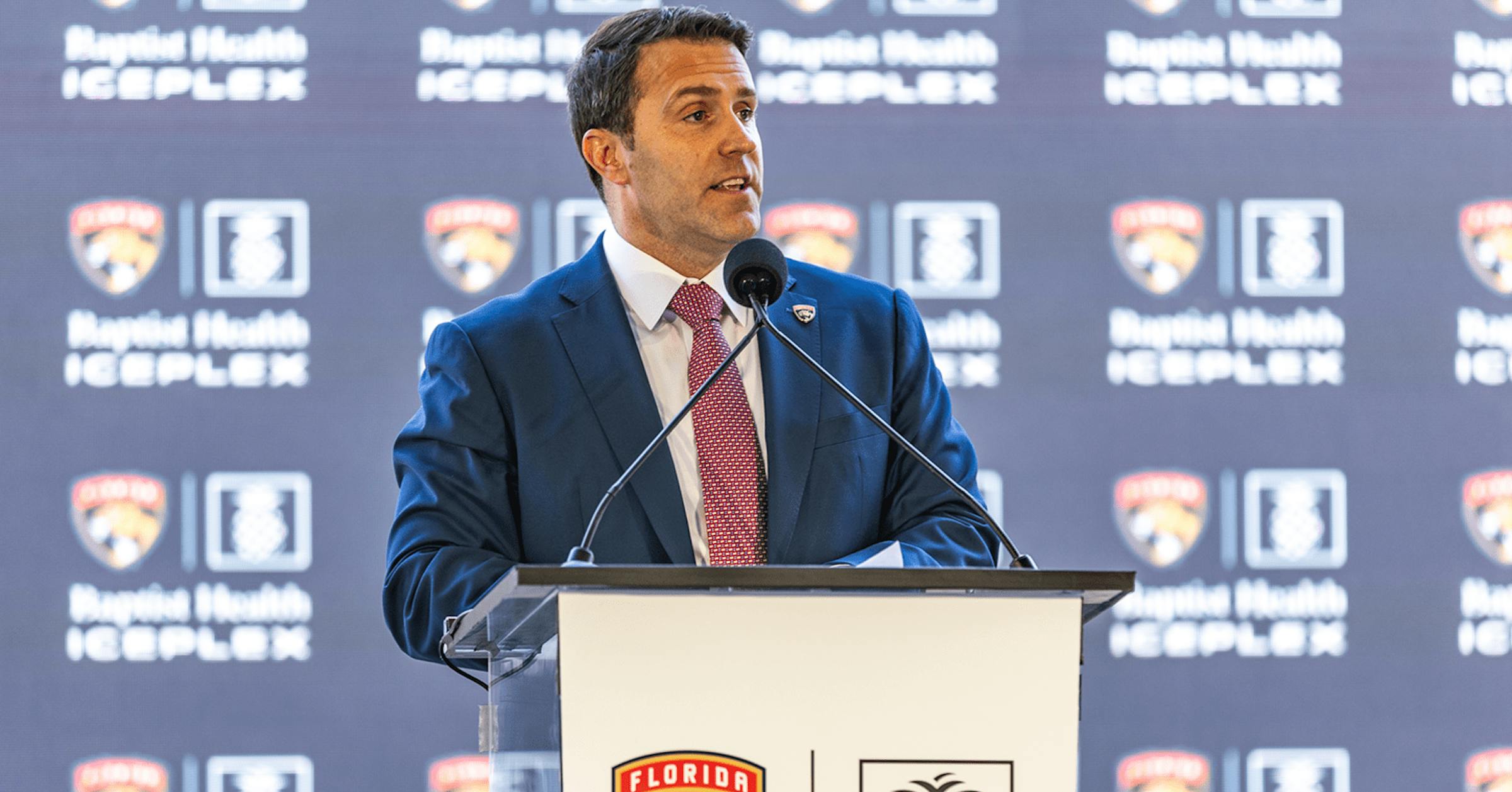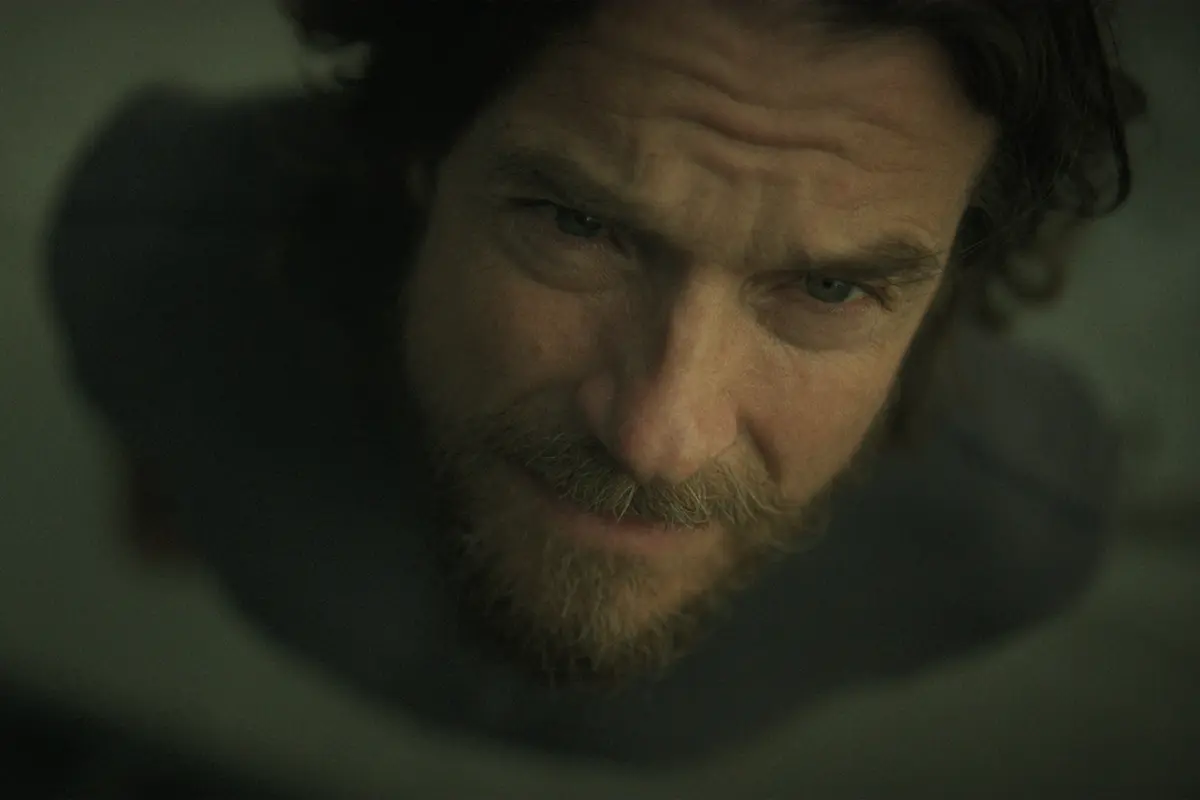
When new Timberwolves and Lynx CEO Matt Caldwell had the same position with the Florida Panthers in the NHL, he said it took “the first five or six years” for people to recognize him in public. After officially taking the job with the Wolves and Lynx last month, Caldwell said that phenomenon is happening much sooner, like in a department store on Sunday.
“It’s very humbling and it goes to show you how passionate the fans are,” Caldwell said. “It’s an organic fanbase here, and they’ve been coming to games, but we can always deliver a better experience and we can always treat them better.”
Caldwell spoke with the Star Tribune on Monday to talk about his career in sports business, how he got into the industry after attending West Point and serving in the military, and about the Wolves’ plans for a new arena, among other fan-related issues.
He was in his final year at the academy when the terrorist attacks of September 11, 2001 took place and upon graduating in June 2002, he joined the the 1st Infantry Division in the Army and was deployed initially to Kosovo. Then beginning in 2004, he spent a year serving in Iraq.
“Every company, every sports team … they’re going to say teamwork is important,” Caldwell said. “But when you lived and breathed it in the military, and your life depended on your teammates, it doesn’t matter what their background is, how much money they have or not, who they were raised by, where they came from. When you’re in life and death situations, you just want to be able to depend on someone. It really eliminates all the noise and complexities of life and you realize the power of a team is so much bigger than any individual. And the miliary had really rooted out any ego I had.”
After leaving the Army, Caldwell went to business school at Northwestern before joining Goldman Sachs. Through his work at Goldman, he met Vincent Viola, a veteran and billionaire who then hired Caldwell to work for him personally in handling the many investments of his portfolio.
“Took us a number of years to get it going in the right direction, but then coming out of COVID [in 2020], the team just just caught fire,” he said.
Viola had a relationship with current Wolves and Lynx owners Marc Lore and Alex Rodriguez, and together they were part of a group attempting to purchase the New York Mets in 2020, Caldwell said. That’s where his relationship began with Lore and Rodriguez, so when they called about the Wolves job, he was open to hearing them out based on their previous experience working together.
Caldwell said he wasn’t looking for a job, but after nine years with the Panthers and overseeing the team become a title winner, he was ready for a new challenge and signed a 10-year contract with the Wolves and Lynx.
“We finally got the brand turned around … I don’t want to come off the wrong way, but what else more could we do with the Panthers? It was exciting and if this was just like another monstrous turnaround, worst team on and off the court, I don’t know if I’d want to go through all that again, but meeting [President of Basketball Operations Tim Connelly], seeing how great the basketball side is, the ownership, a new arena pursuit is exciting and a great thing to work on.”
Since taking over control of the teams in June, Lore and Rodriguez have been outspoken about their desire for a new arena in Minneapolis. It is a venture they said they are prepared to fund privately.
To illustrate how long that might take, Caldwell said he would explain by “working backwards,” first in discussing how long it would take an arena to be built once there was “shovel to ground.”
“It typically is about two and a half to three years to build. So at a minimum, even if we were ready to start construction today, you’re talking, let’s call it three years.”
Then backtracking from that, Caldwell said it could take “two to four years” when it comes to getting to that point, depending on things like relationships with local government and scouting different sites.
“Even if you get to a handshake agreement on location and how the economics are going to work, you have to work through getting a whole operating agreement in place. Papering that can take six months to a year.
“There’s permitting that’s involved, zoning, architects, whether or not we’re going to have a development partner. That could all be within a two to four year process. You’re probably looking at least five years to have it open, but it’s a huge priority for us. But I want to set the stage that it’s going to be a massive operation.”
As for the current arena in Target Center, Caldwell said for next season the team is going to have theater-style lighting, similar to what the Knicks have at Madison Square Garden and the Lakers at Crypto.com Arena. The lights over the crowd will be dimmed to amplify and center the lighting on the floor.
Right around the time Caldwell accepted the job, the team laid off roughly 35 employees (less than 10% of its workforce). Caldwell said these layoffs were “100% restructuring” and not an indication of any financial issues on the part of the organization.
“I’d rather have one person doing two or three jobs than three mediocre players. It’s all about evaluating people on a day-to-day basis and making sure people are completely bought in, passionate and ready to go.”
“They’ve already established their rhythm, so I’m just here to support that,” Caldwell said. “I’ve spent a lot of time with Tim this summer. My comfort level and relationship with Tim has been one of the biggest reasons why my family and I decided to move here. … We’re all in this together at the end of the day and, we’ll all be reporting into the ownership and just running in the same direction. I’m happy that’s already established because it took us [time to establish in Florida].”
“When people look up to your leadership, you want to make sure that it’s not fake, it’s not forced. I’m working very hard to be visible, to be around and just make sure that the culture of the whole franchise is a culture of excellence.”



